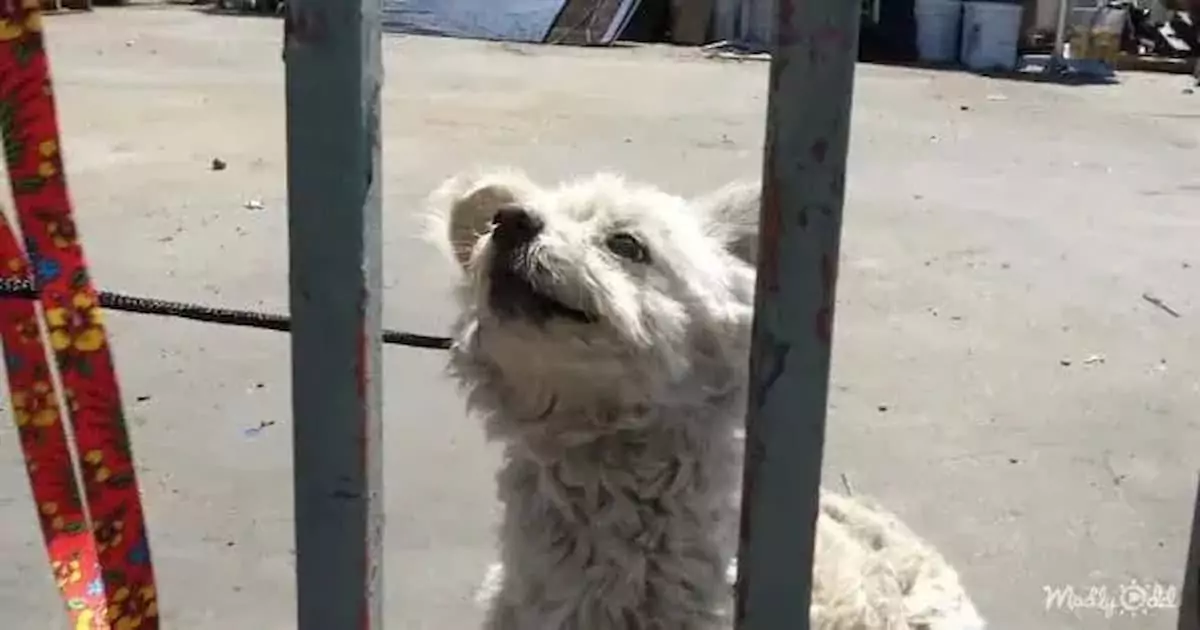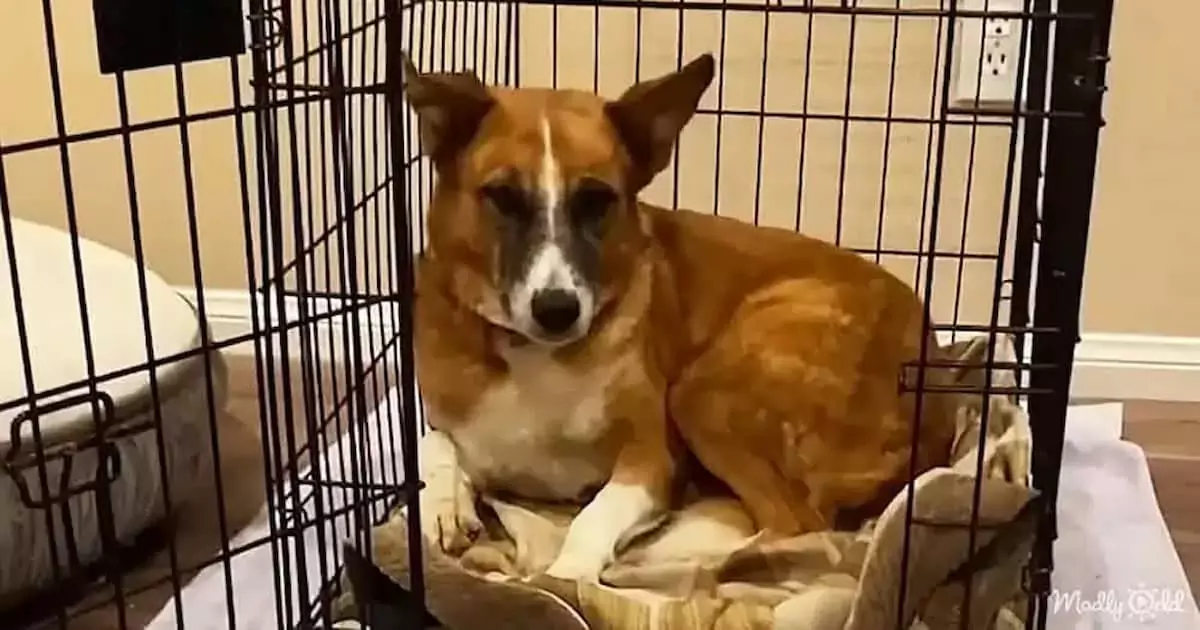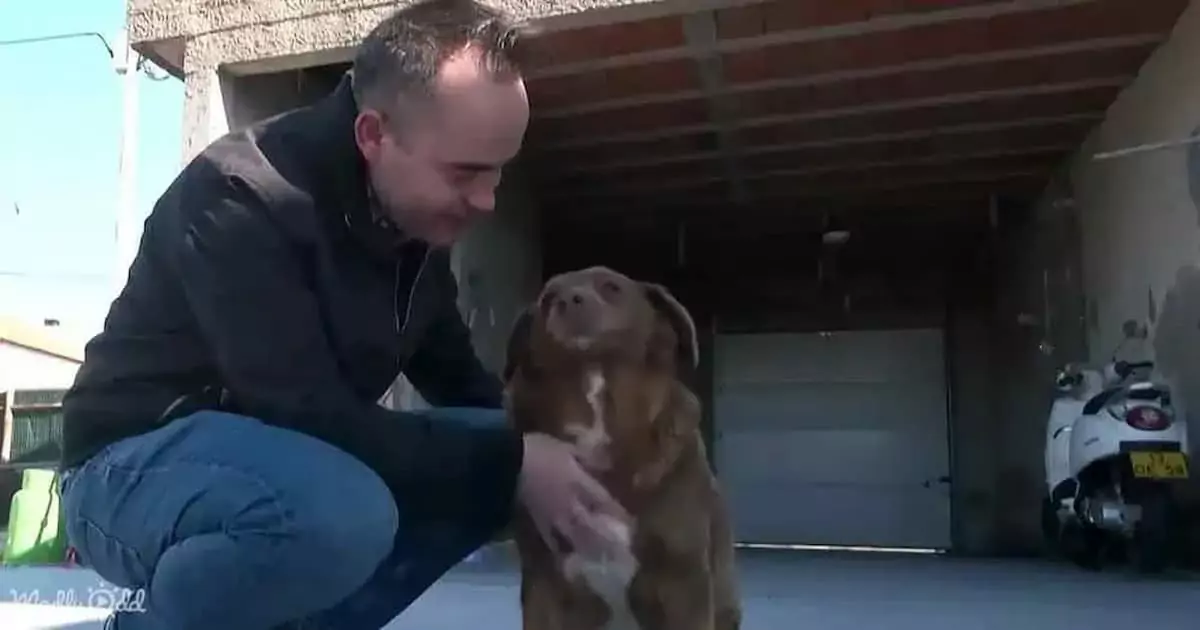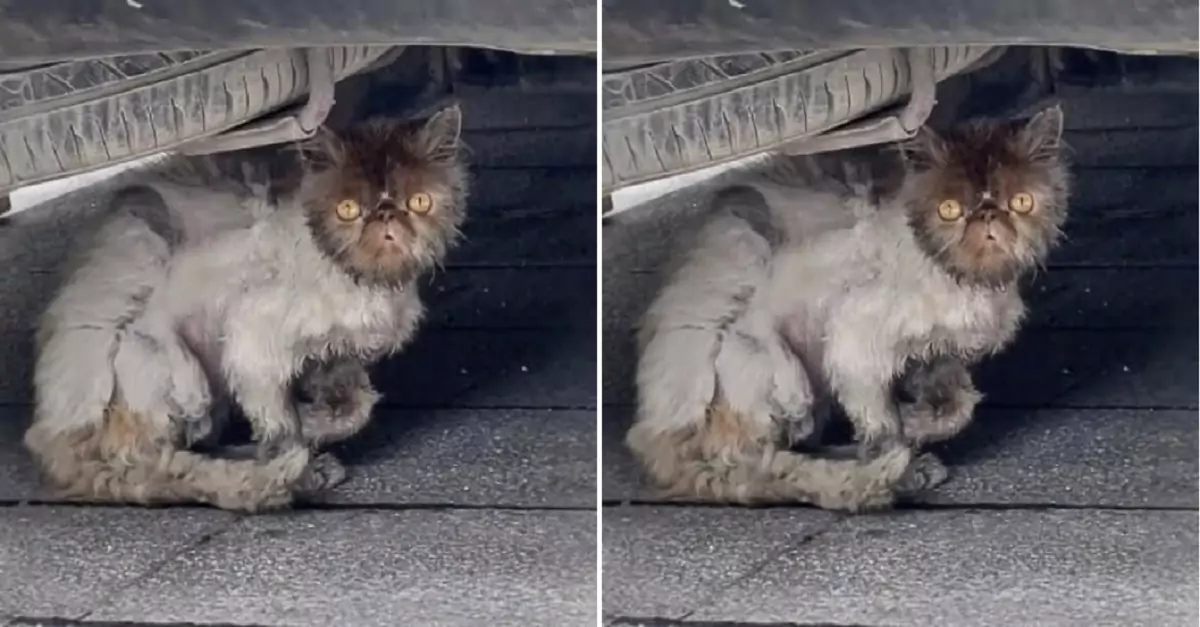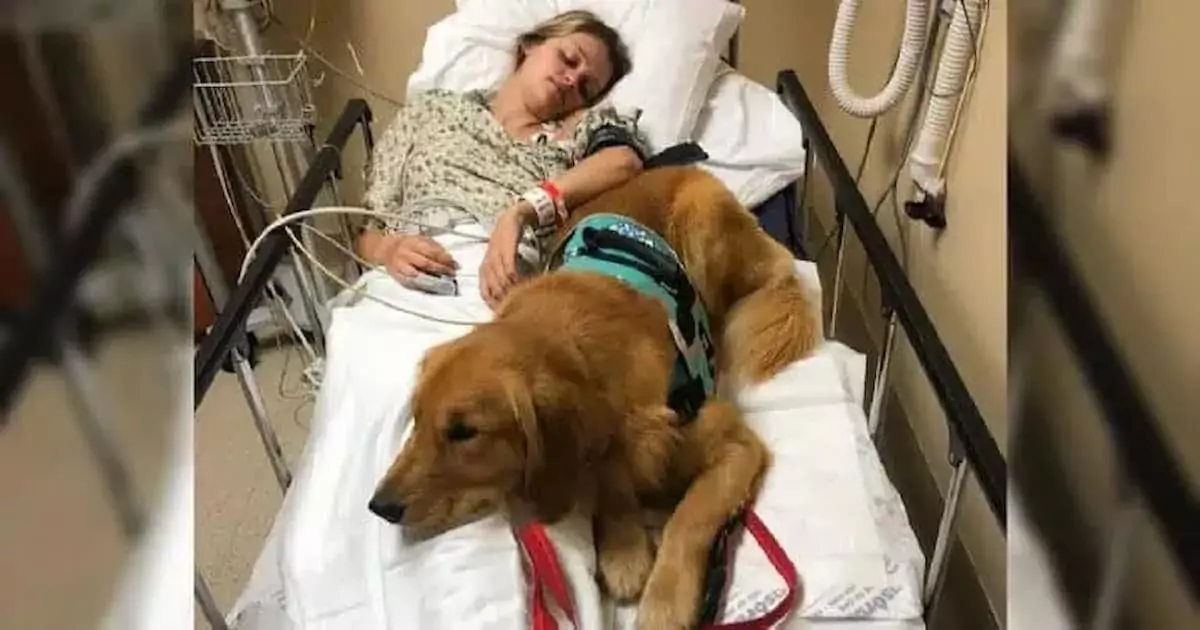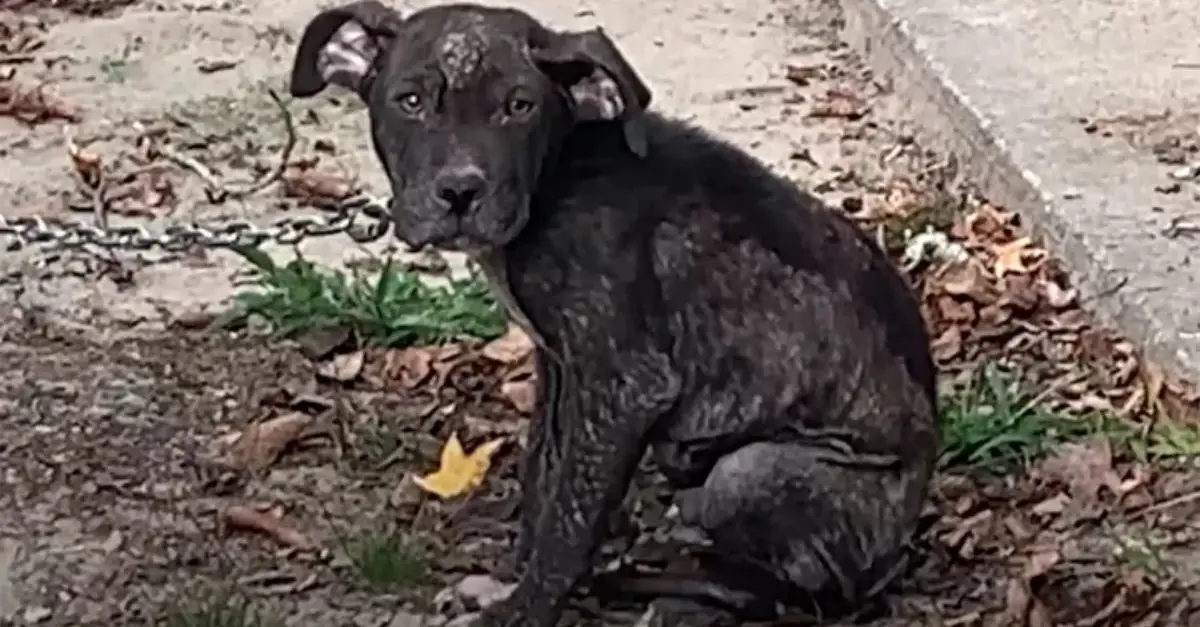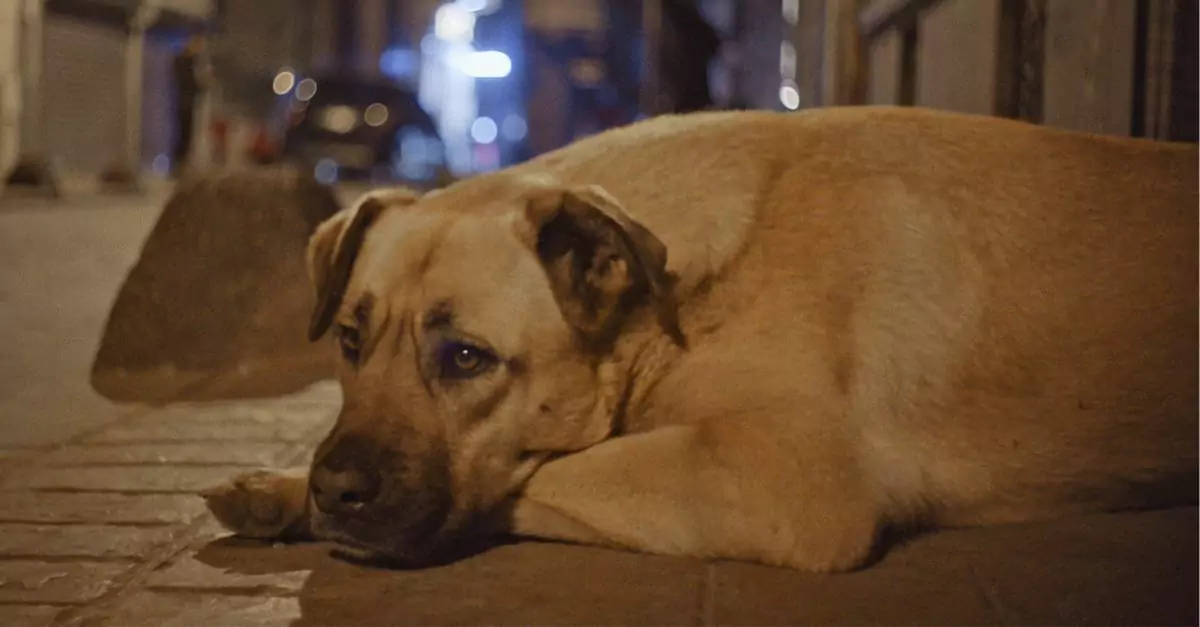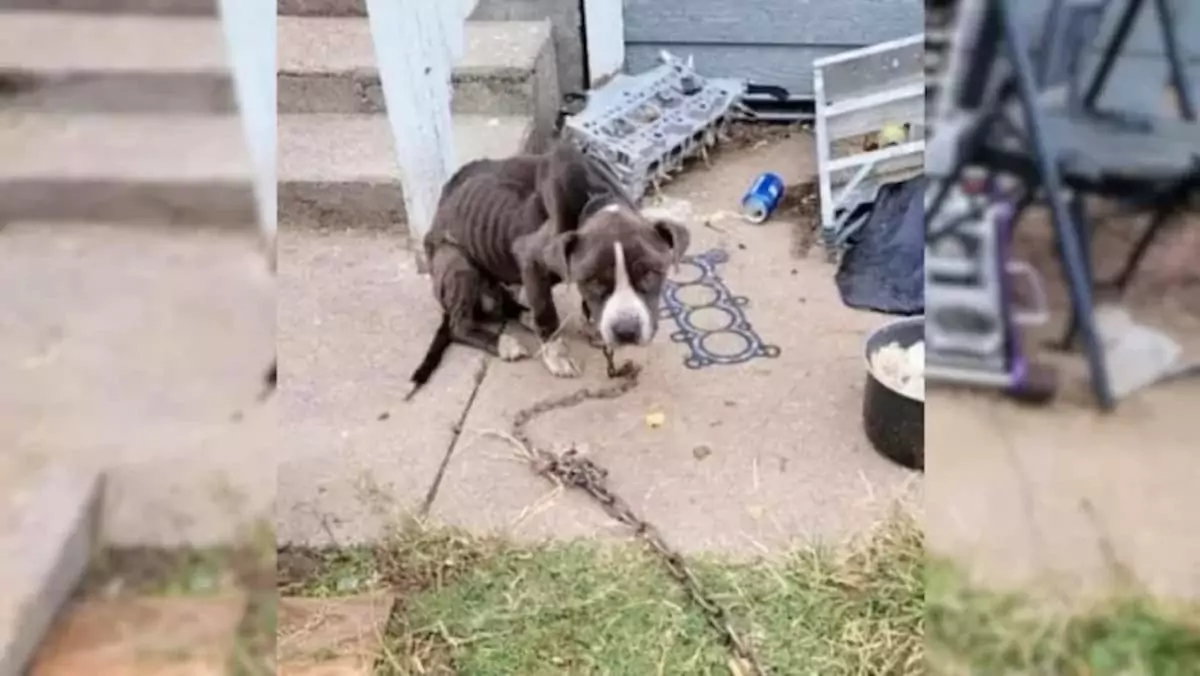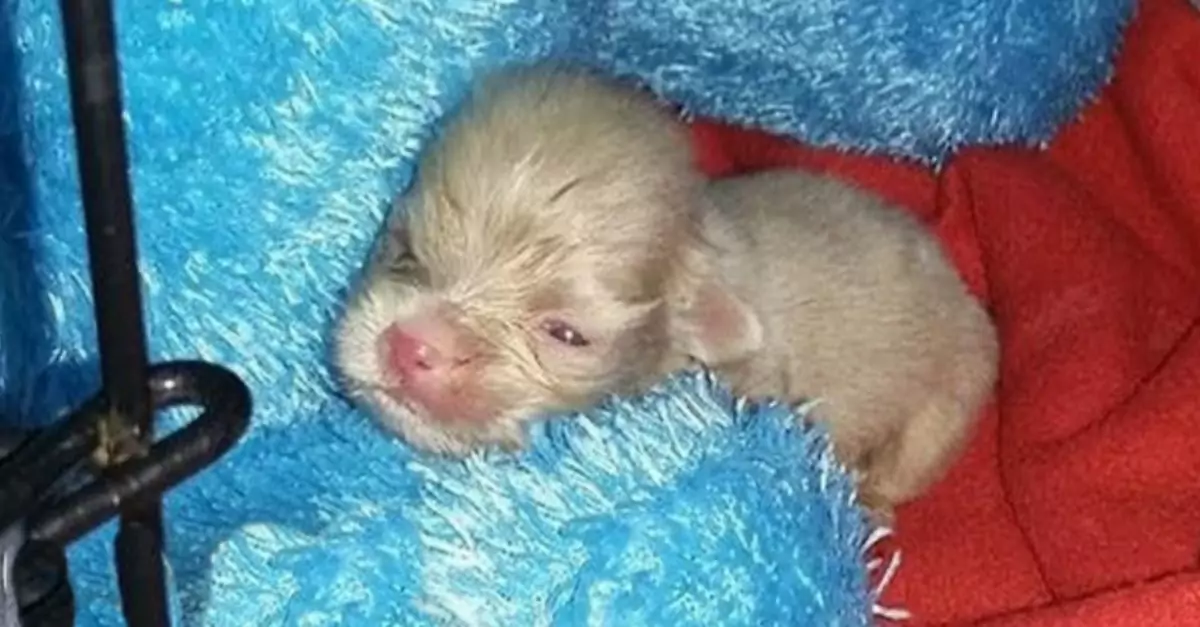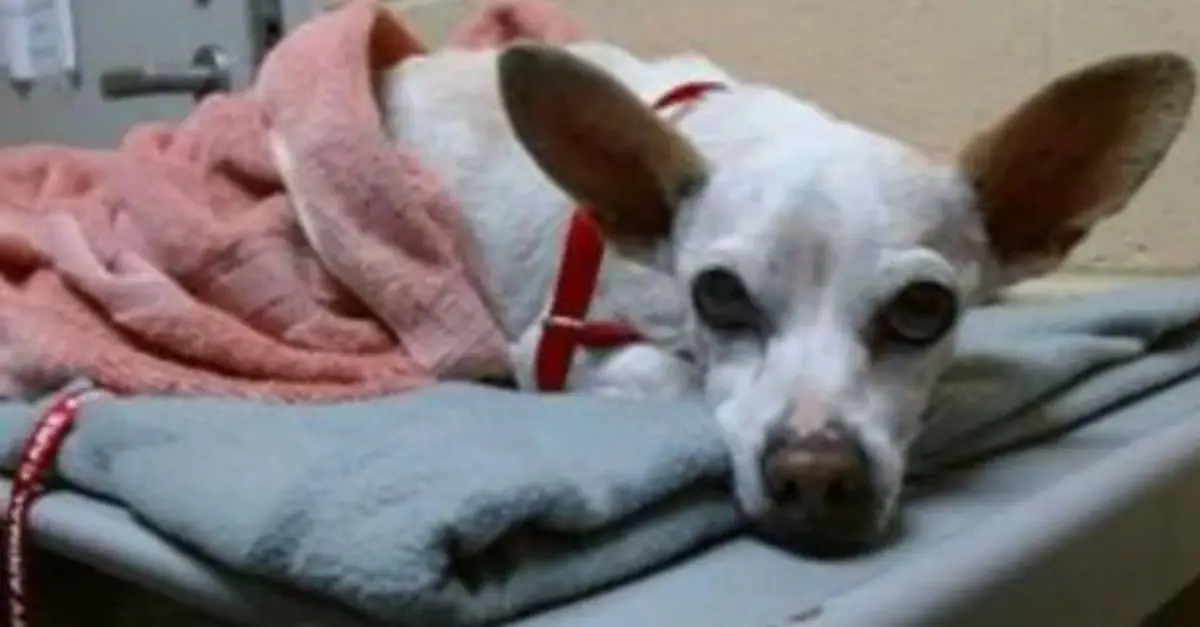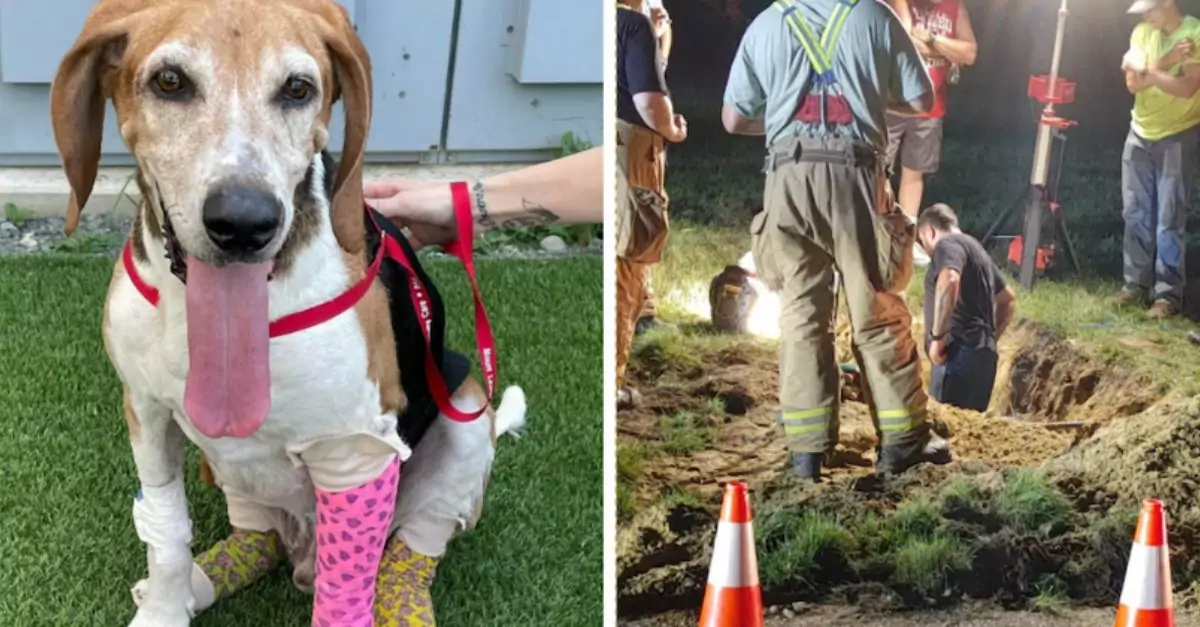The day they brought Leo home, the Peterson family felt like their lives had finally clicked into place. Laughter echoed through their house again, chasing away the quiet that had lingered since their children had grown and moved out. Leo, a scruffy terrier mix with eyes that held a universe of playful mischief and unwavering affection, bounded through their living room, his tail a joyous metronome against the furniture. Sarah and Tom exchanged delighted smiles; their empty nest had found its furry filling.
The initial weeks were a whirlwind of house-training, chewed slippers, and endless games of fetch in the backyard. Leo quickly burrowed his way into their hearts, his goofy antics and cuddly nature a constant source of joy. He was more than just a pet; he was a member of the family, a warm presence that filled their days with purpose and laughter.
But as the weeks turned into months, subtle, unsettling signs began to emerge. Leo, once so energetic, started to tire easily. His playful leaps became hesitant, his once bright eyes occasionally clouded with a strange lethargy. A slight tremor would sometimes run through his small body, unnoticed at first, dismissed as a shiver.

Sarah, a retired nurse, was the first to voice her concern. “He’s not quite right, Tom,” she’d say, her brow furrowed as she watched Leo struggle to climb the stairs. “There’s a certain… stillness in him that worries me.”
A visit to their local vet initially yielded little insight. Blood tests came back normal, and a general physical exam revealed nothing overtly alarming. “He might just be settling into his age,” the vet suggested, though a nagging unease remained in Sarah’s heart.
Then came the episode that shattered their comfortable reality. One evening, as they were relaxing in the living room, Leo suddenly collapsed. His small body stiffened, a violent tremor wracked him from head to tail, and a strange, guttural cry escaped his throat. Sarah and Tom watched in horror, their initial joy replaced by a chilling fear.
A frantic rush to the emergency animal hospital followed. A battery of tests ensued – neurological exams, more blood work, even an MRI. The waiting was agonizing, the silence in the sterile waiting room heavy with unspoken anxieties. Finally, the young neurologist delivered the news, his voice somber.

“Leo has a rare neurological condition called Degenerative Myelopathy with Cerebellar Ataxia. It’s progressive, and unfortunately, there is no cure.”
The words hit Sarah and Tom like a physical blow. Degenerative. Progressive. No cure. The vibrant, joyful dog they had welcomed into their home, the furry heart of their rekindled family life, was facing a devastating illness. The cerebellar ataxia explained his occasional clumsiness, the tremors, the subtle changes they had initially dismissed. The degenerative myelopathy explained the increasing weakness in his limbs, the growing difficulty he had with movement.
The shock was profound. The future they had envisioned with Leo, filled with years of companionship and shared adventures, suddenly felt fragile and uncertain. Tears welled in Sarah’s eyes as she pictured Leo confined to a wheelchair, his bright spirit trapped in a failing body. Tom, usually the stoic one, held her close, his own grief a silent weight in the room.
The initial reaction was a wave of despair, a heart-wrenching “why us?” But as the shock subsided, a fierce resolve began to bloom in its place. They had welcomed Leo into their family, promising him love and care. A diagnosis, no matter how devastating, wouldn’t change that.
They researched the condition tirelessly, learning about symptom management, physical therapy, and ways to make Leo’s remaining time as comfortable and fulfilling as possible. They consulted with specialists, explored adaptive equipment, and transformed their home to accommodate his changing needs.

Their love for Leo deepened, intensified by the challenges they now faced together. Every gentle stroke, every soft word, every shared moment became even more precious, imbued with a bittersweet awareness of the fleeting nature of time. They celebrated his small victories – a successful walk with his new support harness, a moment of playful energy, a contented sigh as he rested his head in their laps.
The journey was undoubtedly heartbreaking, filled with moments of frustration and the constant ache of knowing what the future held. But it was also a testament to the enduring power of love and commitment. Sarah and Tom poured their hearts into making Leo’s life as rich and joyful as possible, showering him with affection and adapting to his every need.
Leo, in turn, continued to offer his unwavering love, his tail still wagging with enthusiasm, his eyes still filled with that same playful mischief, now tinged with a profound trust and gratitude. He might have had a rare and shocking disease, but in the Peterson home, he was simply Leo – a cherished member of the family, loved fiercely and unconditionally, until his very last breath. Their story was a poignant reminder that love doesn’t falter in the face of adversity; it often shines even brighter.

